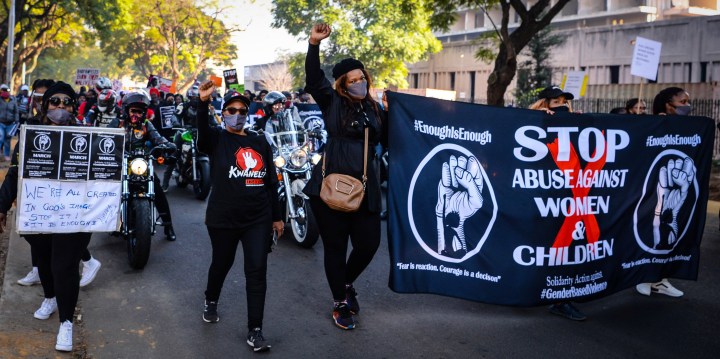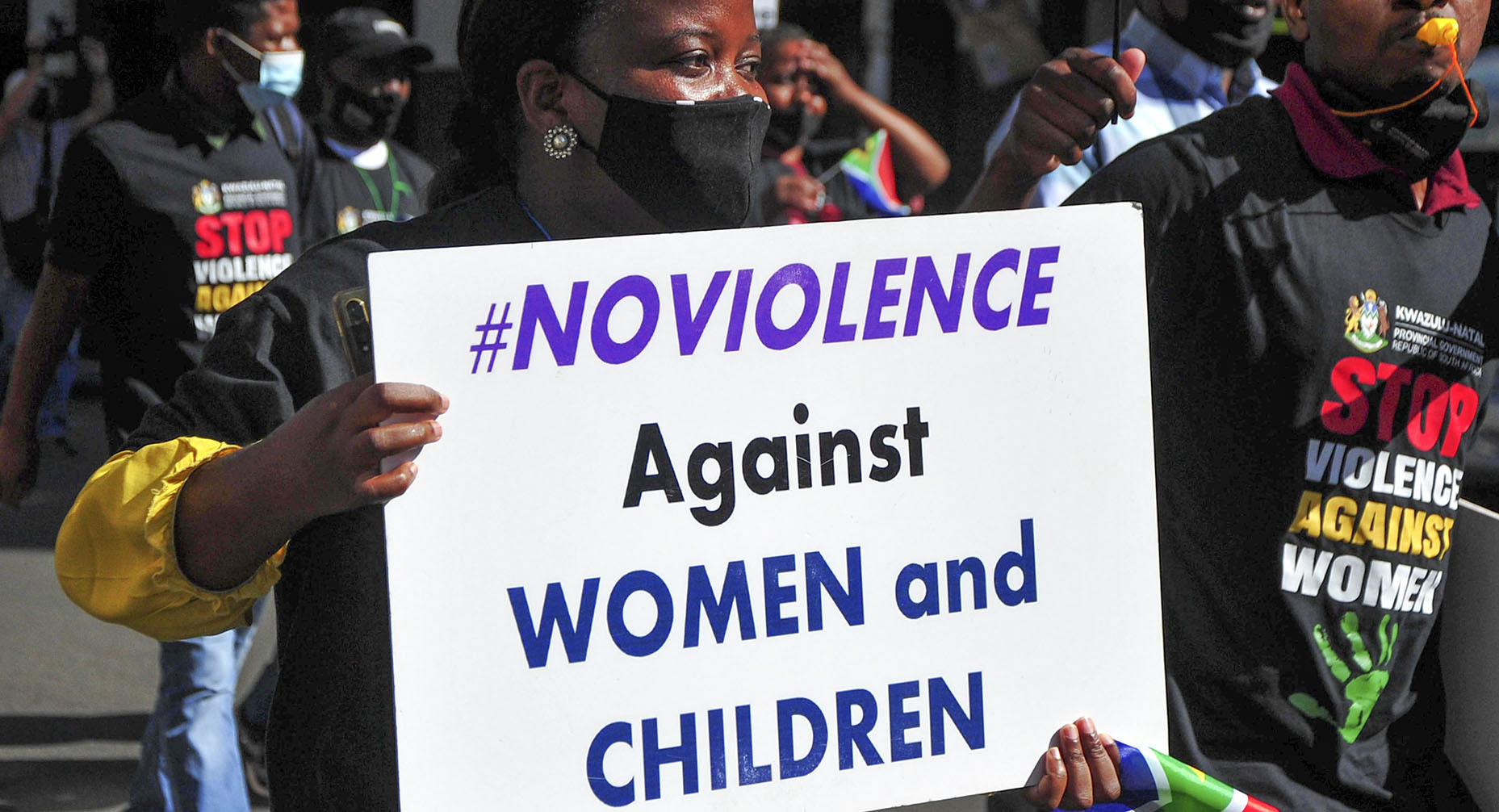GENDER VIOLATIONS OP-ED
Deep roots – confronting the history of sexual and other violence against women and girls in Africa

Facing up to the embedded social norms and prejudices, linked to practices that stretch across the continent’s histories and giving rise to sexual and gender-based violence, is a necessary step in building societies where women and girls are able to participate as full human beings.
From the cycles of political violence in Kenya, the Rwandan genocide and the institutionalised violations in Gambia to the extremist violence in Cabo Delgado, Mozambique, sexual violence as a weapon of war has disproportionately affected women and girls in Africa.
This violence has deep roots, as African women and girls have been dehumanised as possessions since the colonial era, which has rendered them especially vulnerable in conflict. The norms and prejudices that are the legacies of historical violence against women and girls need to be confronted through peace and transitional justice efforts.
The colonial obsession with control over the black individual, more specifically the black woman, extended to their mobility, social interaction, offspring, sexual relations and sexuality. For example, in colonial Bulawayo, Zimbabwe, black African women were considered legal minors and expected to adhere to racialised and gendered policies that disqualified them from full societal participation.
In colonial Mauritius, enslaved women from Mozambique, Guinea and other parts of the continent were largely regarded as objects for the sexual pleasure of colonial settlers and male slaves, suffering sexual exploitation, sexual abuse, rape and forced pregnancies. The colonial landscape demonstrated the unequal racialised, gendered and sexualised norm of social interaction that disadvantaged black African women and girls. Equally, most colonial states focused on the perceived fertility of African women as a rationale for cheap “free-slave” labour.

Protesters in a march against gender-based violence organised by the Office of the Premier in KwaZulu-Natal, in collaboration with Phepha Foundation, in Durban on 26 April 2021. (Photo: Gallo Images / Darren Stewart)
Today, the disproportionate violence against women and girls across Africa resembles the colonial rationale of oppression. Limited social, political and economic participation stunt women within their communities. They largely continue to be confined to their reproductive functions and relevance in marriage only, with countries such as Niger reporting prevalence of child marriage of up to 76%.
Read in Daily Maverick:
“Toxic social conditioning serves as ‘fuel’ for gender-based violence perpetrated by men”
“The ‘shadow pandemic’ of gender-based violence in Africa: From protocols to practice”
“Adolescent girls in eastern and southern Africa face increased adversity”
Some countries have sought to address sexual and gender-based violence (SGBV) through institutional reforms. Morocco, for example, adopted Law 103-13 on Elimination of Violence against Women in 2018. Although progressive, the law has had limited impact because of legal and social norms. For example, unmarried women have underreported rape for fear of prosecution, as premarital sexual relations continue to be illegal in the country while carrying the risk of bringing dishonour on the survivor’s family.
Bearing the brunt of armed conflict
With social norms limiting their freedoms, women and girls are more susceptible to conflict-related sexual violence (CRSV). In the Democratic Republic of Congo, women and girls represented 98% of the survivors of CRSV treated by Médecins Sans Frontières in 2020.
Visit Daily Maverick’s home page for more news, analysis and investigations
Importantly, the DRC demonstrates that while conflict does increase the risks of sexual violence, it also occurs outside of the context of armed conflict. There are limited disciplinary actions within the judicial system in the country against perpetrators of sexual violence, which contributes to the ongoing culture of impunity for such violations. Survivors are burdened with feelings of insecurity, isolation and shame, and such perceptions also enjoy a significant acceptance in their communities.
The prevalence of SGBV and CRSV across the continent cannot be isolated as belonging only to modern society and conflicts – it is empirically linked to practices that stretch across the continent’s histories. We need to confront the embedded social norms and prejudices that enable violence against women and girls in Africa.
A good way to start is to ensure their active participation in peace and transitional justice processes from start to finish. Through these processes, societies can acknowledge the marginalisation and violence women and girls have experienced, which opens the window for their political, economic and social inclusion in peacetime.
Acknowledging the connection between past and present SGBV and CRSV would make way for a violence-free reality for women and girls – and better societies. DM/MC
Lesego Sekhu and Sinqobile Makhathini are research fellows at the Centre for the Study of Violence and Reconciliation, which promotes peaceful, equal and violence-free societies. Its mission is to promote sustainable peace at community, national, regional and global levels by understanding, preventing and addressing the effects of violence and inequality.




















Comments - Please login in order to comment.